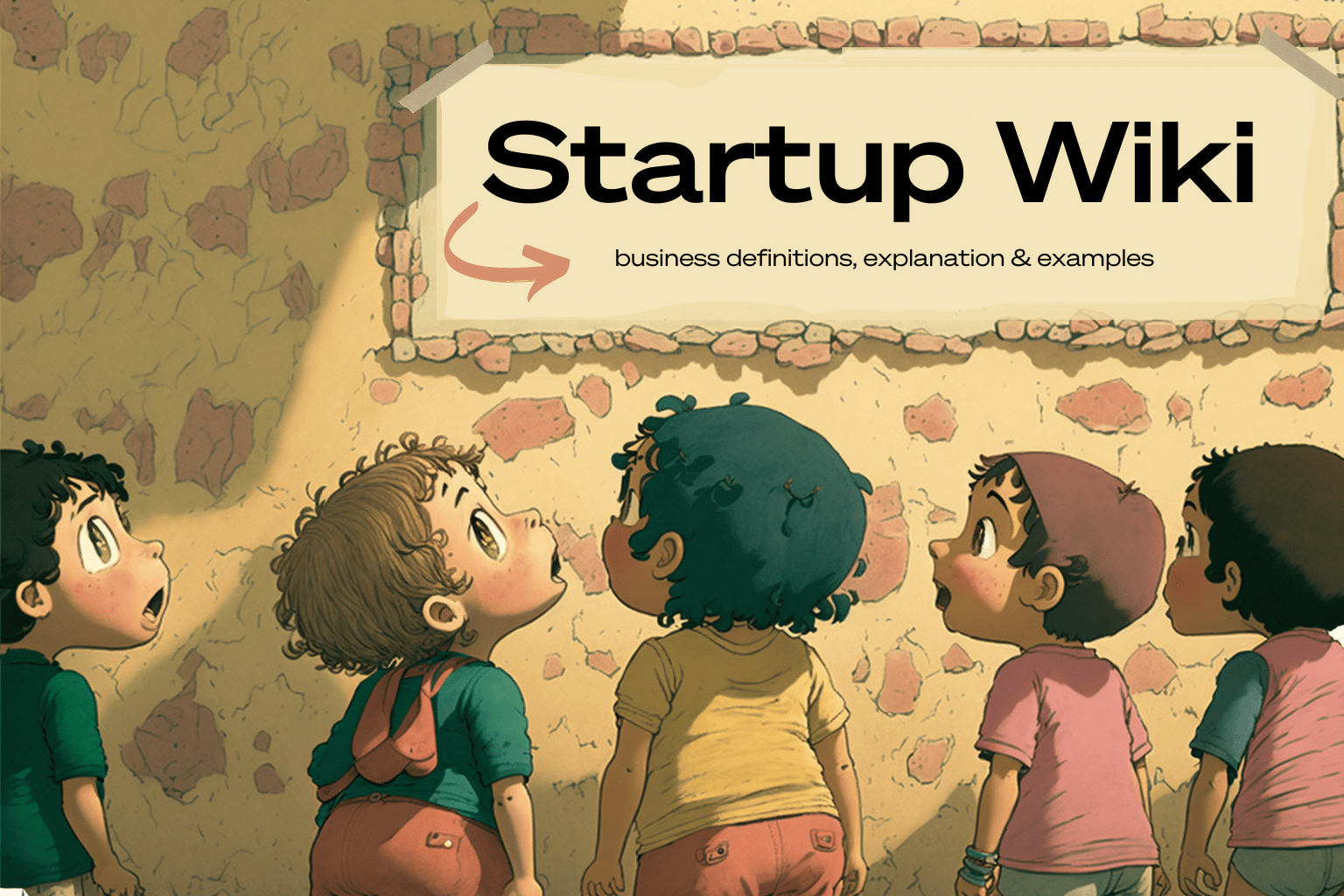Receiving shares is a general characteristic of startups, that’s why it’s crucial for you to understand all the buzzwords related to startup ownership. Once you were promised a specific amount of shares, vesting technically specifies when you own the full amount of these. Read for more!
What is Vesting?
The financial term “vesting” stands for the present right to have an asset which doesn’t necessarily mean to have full present possession of the asset. For example, the right specifies, that it cannot be taken away by any third party (present right) but you cannot sell it (present possession). Related to the vesting agreement, it can be exercised at/until a certain point in the future.
What is “Vesting Provision” in the startup world?
In more simple terms, vesting is a predefined schedule – agreed upon between the employer and the employee, included in the Employee Contract as an Employee Stock Option Agreement -, that states how and when the employees can exercise their stock options granted to them as compensation. The standard vesting period is 4 years, during which employees don’t have overall ownership of the full amount of options until these options are fully vested (at the end of the 4-year period).
What happened at the end of the vesting period?
This picture describes how one type of vesting, linear vesting works, with an additional one-year cliff when no shares are being vested.

Example for Vesting
Talented people in the field of software development are scarce resources nowadays. Therefore the software developer has higher bargaining power, and could also easily leave the company for a more attractive salary and better benefits somewhere else. Instead of offering a high salary (which many startups can not afford in their first phase), the employer proposes shares of the company from the ESOP, in addition to the base salary. This is when vesting comes into the picture:
- If the developer accepts the offer, without vesting they could decide to leave the company after 1 month, having full ownership of all the shares given to them. To mitigate this, the employer instead provides a vesting agreement in the contract, which defines, how many shares after how much time spent in the company the employee gets. Thereafter, if the employee decides to leave after 1 month, they will have nearly no shares to leave with.
Why vesting is important?
Vesting is beneficial for both parties. The employer has collateral against fast-leaving employees or bad-leavers and therefore will be more willing to give away shares, while long-term employees can benefit from the financial success and increasing valuation of the company, which would not be as linear with just the salary as it is with shares.
Conclusion
A vesting schedule determines when an employee gains full possession of their shares. We hope that now you understand why vesting is crucial in a startup’s life! In our example, we simplified a bit, because the vesting schedule doesn’t have to be the same for all of the employees. To get a 360-degree overview, we also highly recommend checking out the different types of vesting and the Startup Wiki for more ownership-related terms!
If you have any questions or you simply want to express your opinion, feel free to leave a comment below!
(This article by no means replaces official legal consultancy. It serves as a guide – for concrete legal advice please reach out to a lawyer.)


